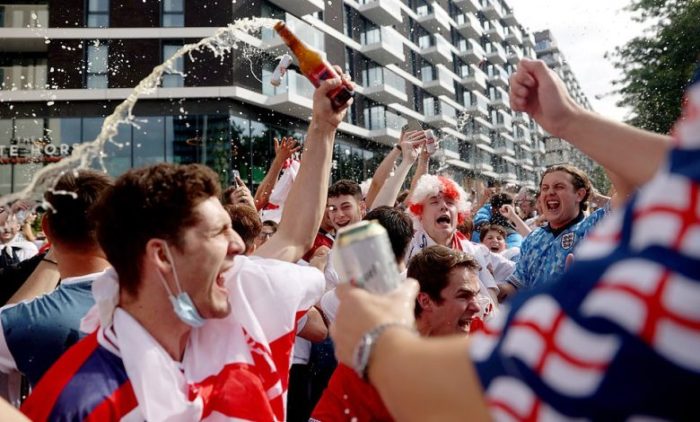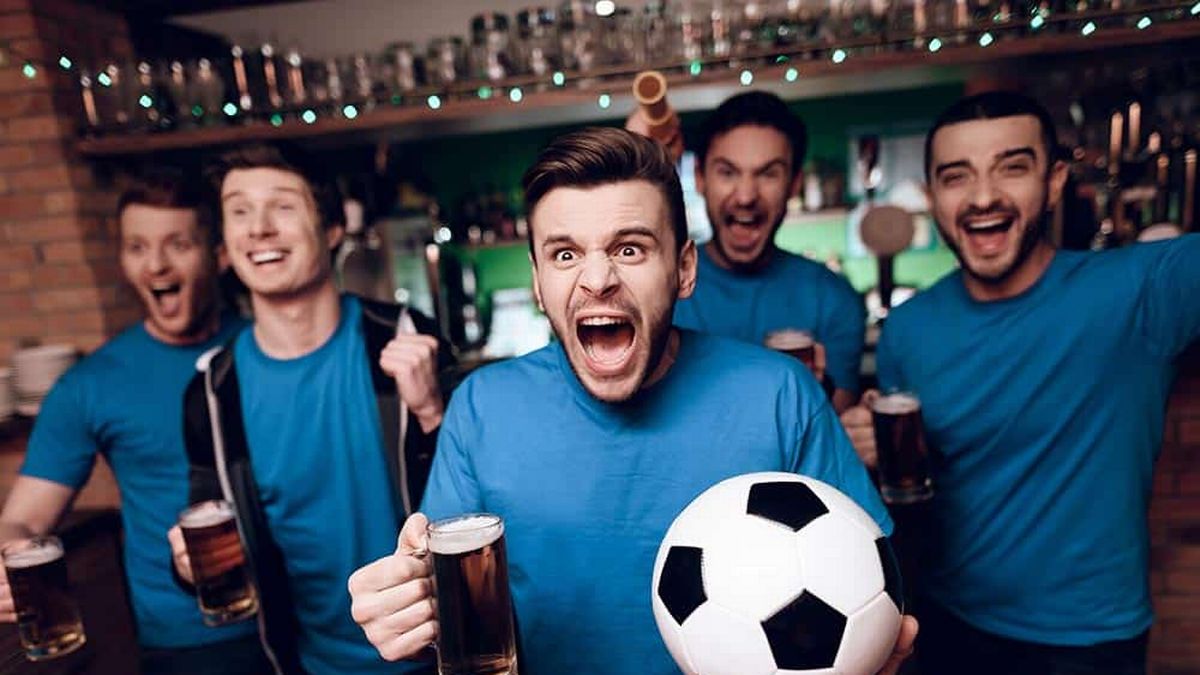After an unimaginably difficult past 18 months or so, Euro 2020 brought some much-needed positivity and unity to the continent, as well as a glimpse at a return to normality.
For England, their national team’s efforts reverberated well beyond the pitches they were playing on. Hardcore football fans and casual followers of the sport were all united in their fascination with the success of the England team led by captain Harry Kane. Raheem Sterling pulled the team through the group stages and the team only improved from there.
Betting on Booze
For those interested in football betting odds today, Sterling’s club Manchester City is the strong favourite to win the Premier League this season.
One of the most tangible impacts of the tournament for the country was its boost to the hospitality sector. Not only were fans able to go and watch various games at Wembley Stadium – including the semi-finals and final – but they also packed out pubs and bars across the country to take in the competition.
All told, experts estimated that Brits would spend a total of £3bn during the tournament on things like drinks, food, merchandise and even new televisions. So, despite losing in the final to Italy, the English team and the tournament as a whole helped England in ways few people expected.
Though exact figures are hard to come by, for certain games in the tournament roughly 10 million pints and alcoholic drinks were poured at pubs and bars in England. This was certainly the case for England’s opening game against Croatia, with millions flocking to local venues for the match.
Of course, the further England progressed in the tournament, the more excitement grew throughout the nation. So, by the time the Three Lions were set to take on Denmark in the semi-finals, pubs and bars were prepared to sell almost 10 million alcoholic drinks on that day alone.
That equated to roughly 50,000 pints per minute during the game itself, further proving just how impactful the tournament was on the hospitality sector. According to reports, fans were queuing up outside pubs and bars for hours, with many people (in spectacular British fashion), entering up to nine hours before the 8pm kick-off time.
Then came the final, a day 55 years in the waiting for English football, and the country fully embraced the moment. A whopping 13 million drinks are estimated to have been sold on that day and, despite the result of the match, it was a day of celebration and joy for many.
To those familiar with English football fans and how they follow the sport, these figures won’t be hugely surprising. Drinking alcohol has gone hand-in-hand with watching football for decades in England, for various reasons.
In a fashion, it was business as usual

For one, watching football is a very social activity. Fans will regularly meet up to watch their favourite teams play each week in the Premier League, or other divisions, and so drinking is a natural extension of that. As games are mostly played on weekends, it’s an opportunity for people to enjoy themselves with a few drinks while watching the games and spending time with friends or loved ones.
International tournaments like Euro 2020 attract an even wider audience to do this as more people will be tempted to go out in support of their national team. Euro 2020 was a perfect example of this as even those who don’t usually watch football found themselves swept up in the excitement, going to pubs and bars with friends to follow matches.
Traditionally, these venues have also been where a lot of football fans go to watch matches, making it much more likely for them to buy alcoholic drinks, thus creating a link between the two.
Nowadays, football broadcasters like Sky Sports and BT Sport are much more widely available in people’s homes, but this wasn’t always the case, and some people would actually need to go to their local pub if they wanted to watch certain games.
So, while England didn’t get the result, they wanted from Euro 2020, the month-long competition still injected some new life into certain areas of society, most notably the hospitality sector.
While industry experts conclude that the sector could have taken in more money during the tournament were circumstances different (i.e. less restrictions on crowds), it is still undeniable that Euro 2020 was a much-needed shot in the arm.
It’s difficult to think of any other event that could have caused such a spike in drinks sales, but the question now is whether or not it was enough of a lifeline. In reality, no one-off event could bring the entire industry back onto its feet, but it certainly provided evidence that it’s possible.
Clearly, the customers are still there, ready and willing to go out for drinks. Now, the sector needs to strike while the iron is hot and attempt to keep a steady flow of people coming through its doors.




